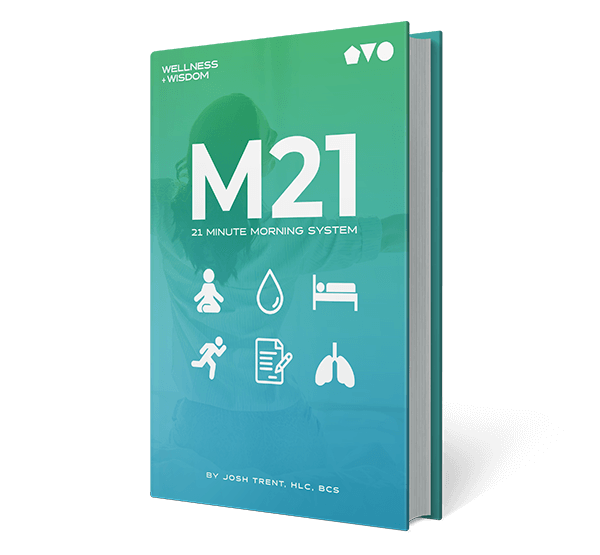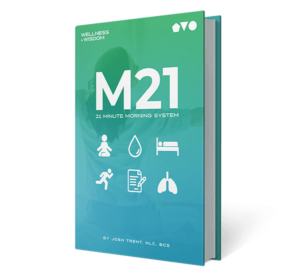 Did you know that Dementia cases in the United States are estimated to double by 2060? This increasing number of Dementia cases in the population is closely tied to conditions such as hypertension, diabetes, obesity, poor mental health, unhealthy diet, and lack of exercise.
Did you know that Dementia cases in the United States are estimated to double by 2060? This increasing number of Dementia cases in the population is closely tied to conditions such as hypertension, diabetes, obesity, poor mental health, unhealthy diet, and lack of exercise.
Dementia doesn't just create progressive declines in memory, concentration, and judgment. However, it ripples through families and friends, bringing an emotional and physical toll for everyone.
But there's good news! Innovative care approaches can help dementia patients face each day with a head held high. They can stay independent, connected with their loved ones, and handle life's changes with respect and dignity. Let's take a closer look and explore the game-changing innovative care approaches for Dementia patients.
Table of Contents
What is Dementia? Understanding Its Symptoms and Impact
Dementia is a broader term for a range of symptoms caused by various conditions that impact the brain, memory, thinking, behavior, and the ability to carry out daily activities. Each type of Dementia, like Alzheimer's Disease, Vascular Dementia, Lewy Body Dementia, Frontotemporal Dementia, Parkinson's Disease Dementia, Mixed Dementia, and Huntington's Disease, stems from distinct causes that lead to cognitive decline.
For example, in vascular Dementia, the presence of Lewy bodies interferes with brain cell function, while in Alzheimer's disease, the accumulation of amyloid plaques disrupts brain cell function. These changes result in noticeable symptoms where an individual may have frontotemporal dementia eyes, often exhibiting blank stares or unusual eye movements. Moreover, other common symptoms include:
- Forgetting recent events or details
- Repeating the same questions frequently
- Misplacing items or putting them in unusual places
- Losing track of the date, month, or year
- Struggling to find the right words in conversation
- Notable changes in mood, behavior, or interests
- Difficulty with memory and decision-making
- Challenges in speaking and word-finding
- Inability to do everyday tasks
- Decline in logical thinking and problem-solving
- Changes in sleep patterns
- Rising anxiety, frustration, confusion, and mood shifts
- Needing assistance with daily activities
- Experiencing hallucinations
Innovative Care Approaches for Dementia Patients
Dementia symptoms become more pronounced as the condition advances. Therefore, with innovative care approaches, caregivers can ease the patient's challenges. These approaches enable patients to receive personalized care, greater comfort, stronger connections with their loved ones, and a better quality of life.
Take a look at the key innovative care approaches for Dementia patients.
Virtual Reality and Cognitive Training
Virtual Reality technology gives Dementia patients an opportunity to reconnect to familiar places or engage in stimulating activities that can't be physically accessible to them. For example, an individual with mobility issues can utilize technology to accomplish tasks virtually. It gives patients a sense of fulfillment, stimulates the mind, and enhances their overall quality of life.
Assistive Technologies
Dementia patients often forget important details, such as taking medication, appointments, or even basic daily tasks. Thus, introducing assistive technologies like voice-activated assistants, medication reminders, and tracking systems helps patients manage tasks and maintain a level of independence. For example, the voice-activated assistants can provide a timely medication reminder to the patients when it's time to take medicine, so their medication routine stays on top of the health routine and reduces the caregiver's burden.
Reminiscence Therapy
It's common for Dementia patients to forget names and have difficulty recalling past memories. This memory loss affects their ability to remember important events or recognize their loved ones. Thus, it is where Reminiscence comes into play and encourages individuals with Dementia to reconnect with their memories and engage in meaningful conversations. It stimulates the mind and enhances an individual's quality of life.
Therapeutic Animal-Assisted Interventions
Dementia patients face numerous challenges, including anxiety, confusion, and emotional distress. Therefore, interacting with animals can have a soothing effect on individuals living with Dementia. For example, robotic pet therapy offers an alternative to traditional pet therapy which provides dementia patients a sense of emotional support that reduces anxiety and eases other symptoms.
Cognitive Behavioral Therapy
Dementia patients often feel isolated and overwhelmed by the emotional challenges that come with the condition. Cognitive Behavioral Therapy (CBT) focuses on converting negative thought patterns and behaviors into positive ones. This therapy encourages patients to navigate the emotional challenges of the condition with greater resilience.
Conclusion
Caregiving a Dementia patient is not as easy as it seems to be. The patients, along with cognitive and emotional challenges, experience noticeable changes like dementia eyes look different, lacking expressions, and others. However, with innovative care approaches, you can improve the patients' quality of life and help them manage their conditions with respect and support. Thus, the future of Dementia care looks brighter and offers patients various opportunities for independence and dignity. Try implementing these innovative care approaches and help individuals living with Dementia manage their conditions efficiently.









